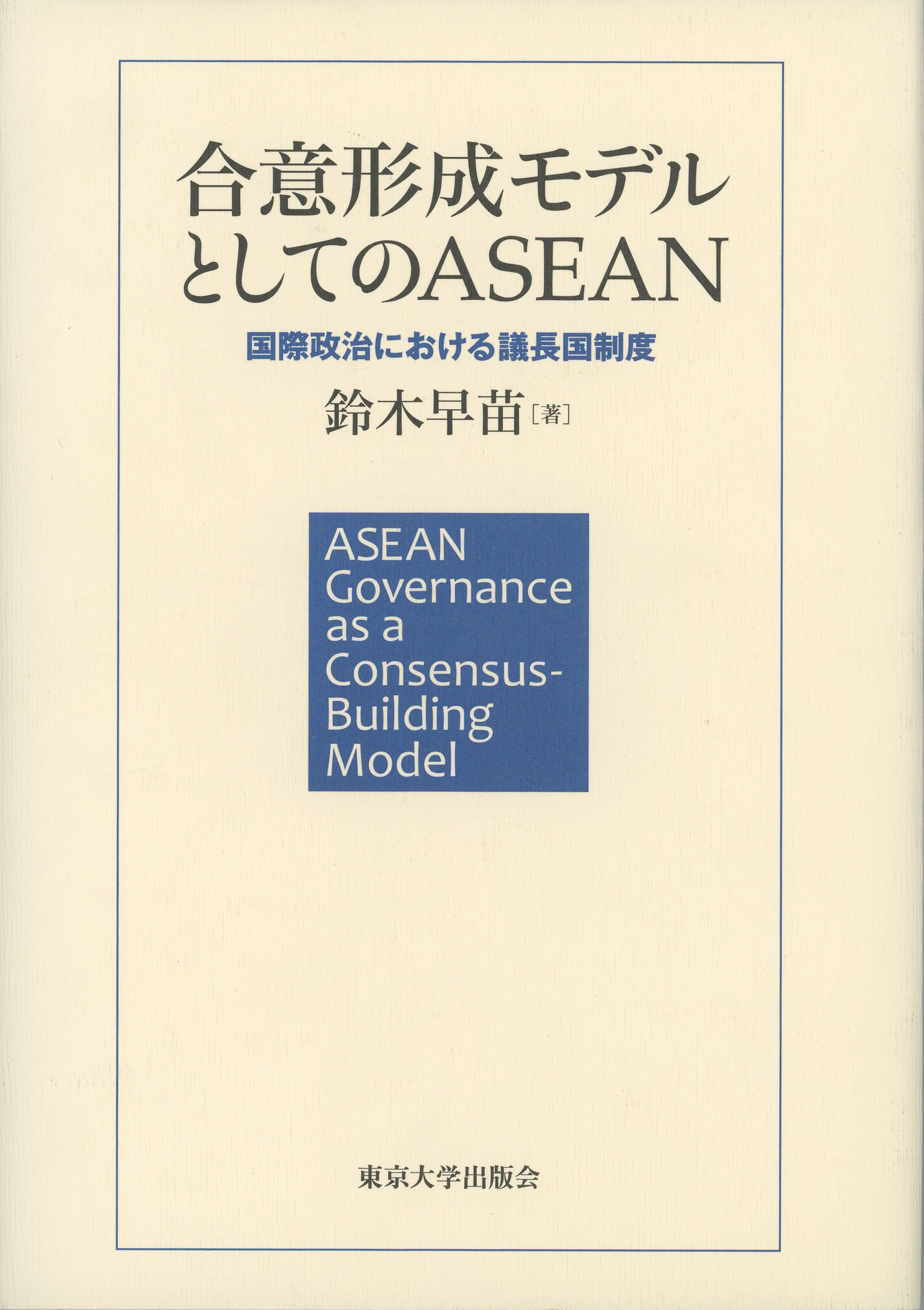
Title
Gouikeisei model toshiteno ASEAN (ASEAN Governance as a Consensus-building Model - The Chairship System in International Politics)
Size
224 pages, A5 format
Language
Japanese
Released
February 19, 2014
ISBN
978-4-13-036253-5
Published by
University of Tokyo Press
Book Info
See Book Availability at Library
Japanese Page
The Association of Southeast Asian Nations (ASEAN) has adopted decision-making by consensus. Taking ASEAN as a case study, this book aims to explain how competing positions are reconciled and international agreements are reached in organizations that have adopted consensus, a process risking non-agreement because each participant has veto power, as their sole decision-making rule. ASEAN roundtables involving the foreign ministers of its member states have indeed generated some meaningful agreements. I argue that the rules and customs associated with ASEAN chairmanship effectively comprise a reconciliation mechanism. The chair is empowered to play an agenda-setting role, and the combination of rotating chairmanship and a limited number of member states means that every state will enjoy strong power, within a reasonably short period. Since each state knows that its turn will come soon, all are willing to allow the others to exert the power of the chair and guide consensus toward agreements that fit the chair’s national interests. This article analyzes the impact of a strong ASEAN chair via empirical case studies of decisions reached (or not) under consensus regarding issues where member states had conflicting interests. This analysis of ASEAN decision-making contributes to the ongoing debate on the effectiveness of ASEAN and has theoretical implications for the understanding of international organizations operating under similar institutional settings.
(Written by SUZUKI Sanae, Associate Professor, Graduate School of Arts and Sciences / 2021)
Related Info
Sanae Suzuki (forthcoming in print, published online in February 2020) “Can ASEAN offer a useful model? Chairmanship in decision-making by consensus,” (The Pacific Review volume 34, 2021 – Issue 5 Feb 20, 2020)
https://www.tandfonline.com/doi/full/10.1080/09512748.2020.1727553



 Find a book
Find a book


 eBook
eBook